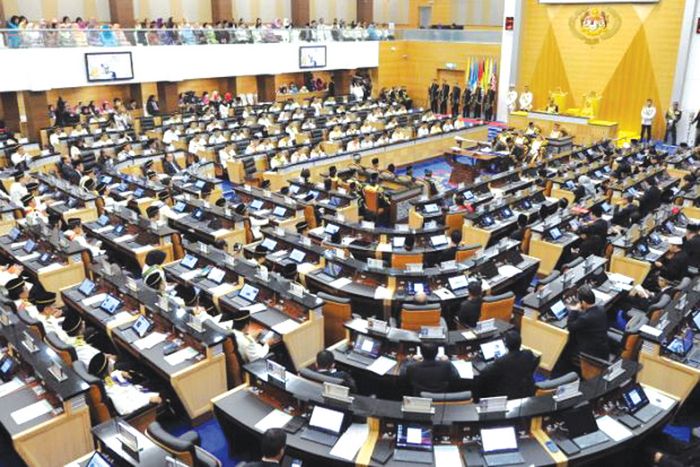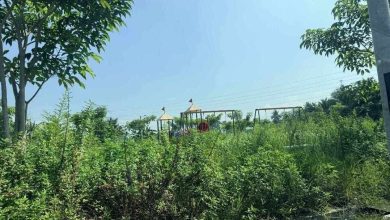

‘Connecting Perak MPs and Public Online’ was a research paper presented by Amnah Khalid Rashid (PhD researcher), Department of Political Science, International Islamic University Malaysia at the recent 4th IDR Annual Research Seminar held at Impiana Hotel, Ipoh.
Research Objectives
The objectives are based on a larger research on all 222 Members of Parliament (MPs) in the current government. Data from 24 Perak MPs were used to find:
- How Perak MPs use their personal websites to share information?
- How Perak MPs use their personal websites to engage the rakyat?
Research Problem
Change in popular vote between GE8 and GE13 indicates two things:
- Shifting political culture with greater awareness from free flow of information and discussion in society.
- Shifting political efficacy or trust in government and institutions.
False information blamed, especially online, where no mode of correction possible, only managing of image and share of new information.
Politicians’ and MPs’ careers depend on image and service. They have gone online since 2008, using newer forms of technology from blogs to Facebook, YouTube and Twitter.
Government long-term policy on Wawasan2020 has encouraged connecting via internet and massive e-governance policies are underway for ease of governance, improved services and transparency.
No policy to connect e-governance with those governing like MPs who gain legitimacy to their seats in parliament.
Most MPs are unclear on their roles as legislator, party and constituency representative in the use of social media.
A research was conducted to understand the use of personal websites by Members of Parliament 2012-2015.
Most research on social media focus on Facebook, Twitter, but this research choses personal websites for reasons like, standardised methodology to study political websites compared to others, no way of confirming likes, comments authenticity or delete of account or information or accessing year-old information. Besides, by these medium, foreign multinational can gain access to all political information between people and politicians easily.
Therefore, this research is based on personal websites where contents are stable, structured for political use and accessible by all.
Findings
The results of survey were, 42 MPs responded, 90% males and 10% females in the age group of 51-60 years and with bachelor degrees; 25 were from BN and 17 from PR parties. They adopted the internet for political purpose since 2008.
In Perak 19/24 MPs were on Twitter, 16/24 on Facebook and only 5/24 on personal website; one belongs to BN and four to PR.
The results of website use in the larger research show, information and link assistance were sufficiently shared but not engagement.
In Perak, the five MPs had a dismissal use of website with most websites ineffective for purpose, only 2/5 would be better off but not good. Information share was only 2/5, engagement provided was 0/5 and link was also 0/5.
The sample size was small, internet penetration creates digital divide. Training in ICT use for aged MPs and their adaptation and skill is required. The funding for website and feedback mechanism is unclear.
Recommendations
- Encourage proper use of personal websites to make them a single point of information and engagement for public, media and researchers as MPs are public officials.
- Political parties must have structured use of social media to make public officials available to people.
- Establish relationship by communication and interaction and less on campaigning to gauge public opinion and sentiments.
- MPs awareness of role as a representative of party, constituency and as a legislator reflecting social media use instead of image building.
- Funding for public social media use in form of maintaining website and parliament mobile app (application).
- V-power, a US-based company, has developed an app to connect with politicians and MPs. It is widely used in US for campaigning purposes and is also used during Indian elections. Each customised app costs US$800.
This topic is timely since GE14 is around the corner. In Perak only a few MPs have websites and most are not up to scratch. In this digital world all MPs must have their own websites. It is surprising to note that most MPs are unclear on their roles as a legislator, party and constituency representative. Are we voting unqualified people for the job?
As knowledgeable voters we must know our MPs and assemblymen and what our expectations are. We must tell them how they should vote on various issues. We must talk to the candidates who are standing in our constituencies and let them know what we expect of them. For example, we need a second hospital in Ipoh immediately. This is one burning issue, there are plenty more.
I know my MP and assemblyman personally, as I have been working with them before they were elected.
A. Jeyaraj


